Player associations may sound like a broken record when talking to players about the importance of transition and ‘life after football’. But in reality, the length of a player’s career is so short, it would be irresponsible to not consider ‘what’s next’ for players when their career comes to an end. For Melbourne City’s Dario Vidosic, transition is on the horizon and coaching could be his calling.
Photos, as usual, shot by Aleksander Jason.

It was old VHS recordings of football highlights that fuelled Dario Vidosic’s love for the world game.
As a five-year-old, he would wait by the TV every Sunday with a blank tape, ready to record every episode of the World Game on SBS. Then he would study the players, goals and highlights from matches across the globe. Rewind and repeat.
“On Sundays, I would wait at the TV to hit record and whether it was [Gabriel] Batistuta or [Roberto] Baggio or Ronaldo, or Romario, I would watch it intently, then I would play it over and over and over.
“One of my other memories was watching a 1990s World Cup video – an hour and thirty minutes of extended highlights of Italia ‘90 – and I can’t remember how many times I’ve watched that. It would probably be hundreds of times.
“I was obsessed with that tape. I went around telling people that Roberto Baggio was my uncle. He was unbelievable that tournament.”
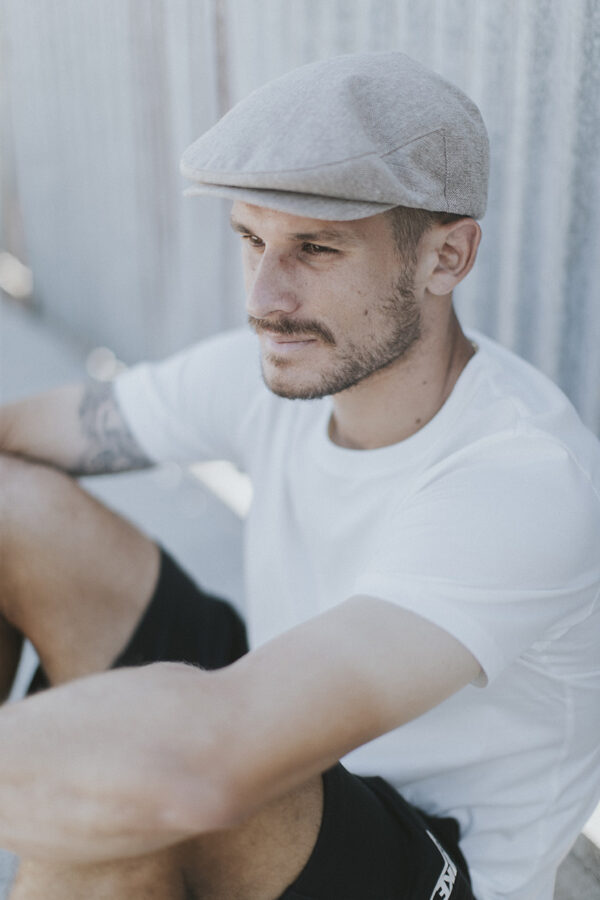
Despite convincing his friends the Italian great was part of his extended family, Dario hasn’t had to look far for further inspiration during his football career. His father Rado was an accomplished footballer and is now a professional coach with Melbourne City’s W-League team.
“It was from that young age that I developed that love for football. It was also probably from watching my dad play, having a ball with me at his games and something that came naturally. I was never forced, I would actually bug my dad because I wanted to be like Baggio.”
Dario’s study of football, as a young boy and as a player, and analysis of matches with his father may well hold him in good stead as he prepares for transition to life after playing, following in Rado’s footsteps to become a coach.
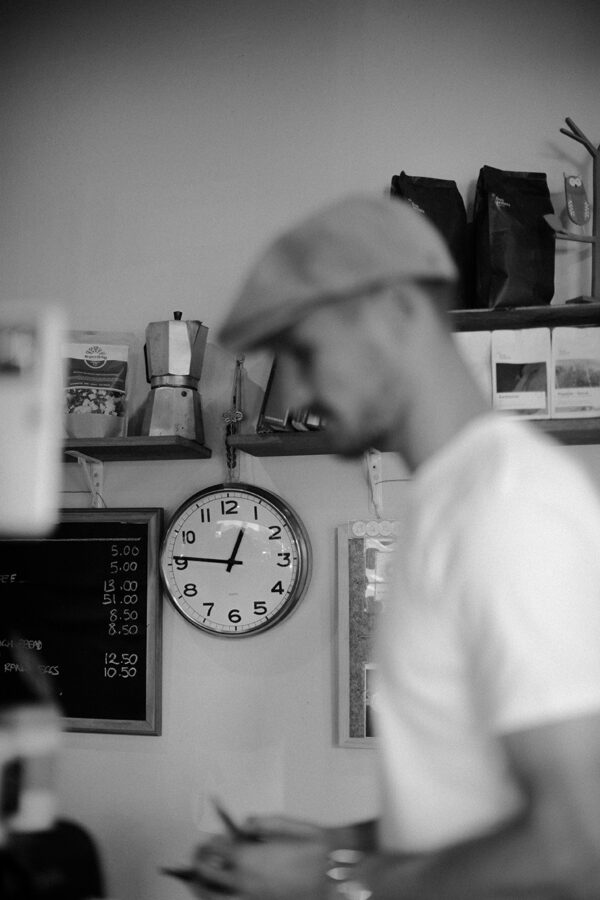
“You get older, but you don’t realise that you are getting older. Even though you sit here and you say “ok, you’re 31 and on average players in the next six, seven years it could all be over”. I think once you get over that 30-year-old mark, you start to feel like you have to make a plan, because anything could happen.
“Over the last couple of years now – especially with my dad being a coach – we have lots of discussions about football. We are both football mad people, we watch a lot of games and then we’ll be on the phone, we’ll talk about [games] or if we’re watching together we’ll supply a bit of analysis during the match.
“Coaching is just something that I’d be really interested in moving into and it will allow me to stay in the game. I feel that it’s not only all that I know, but it’s something I’m really passionate about, I really love the game, I think it would be a path that would allow me to do something that I really love to do.”
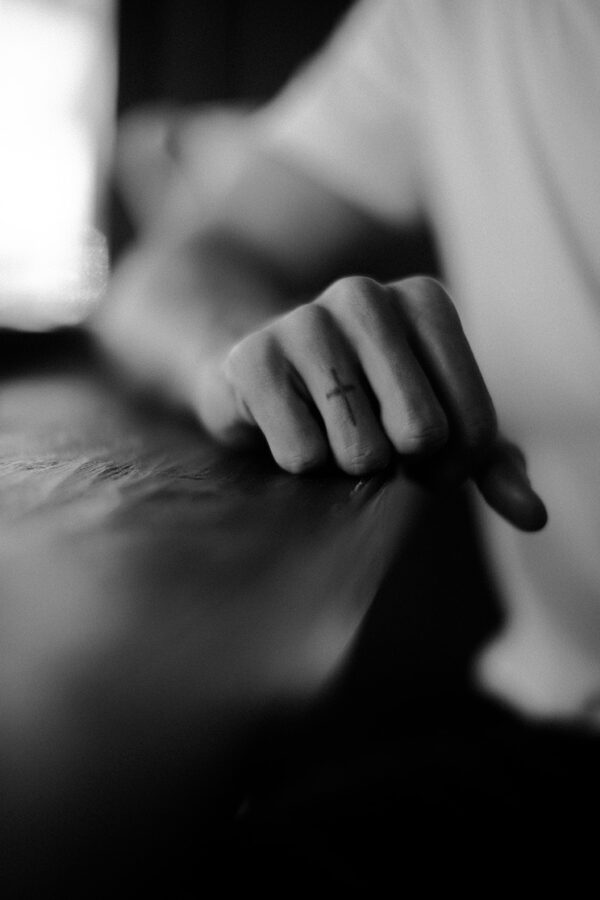
Dario knows that recognising the reality of preparing for life after playing is the first step. The second is putting into place a plan. Recently he enrolled and commenced a C-Licence course through his club Melbourne City, alongside players Iacopo La Rocca, Lachlan Wales and Rostyn Griffiths.
“Thankfully enough the PFA and Melbourne City were able to help and get a few of the boys together and to do [the session] at the club. The first session was an introductory one, but there’s always going to be things when you are developing a session, your philosophy comes into play and how to analyse – and apply new techniques. I’m looking forward to this journey. It’s also great to be doing it while I am still playing; it gives you another tool through which to watch the game and helps me to become better and increase my knowledge. If [coaching] is something that comes to fruition later in life then I will be well and truly prepared for it.”
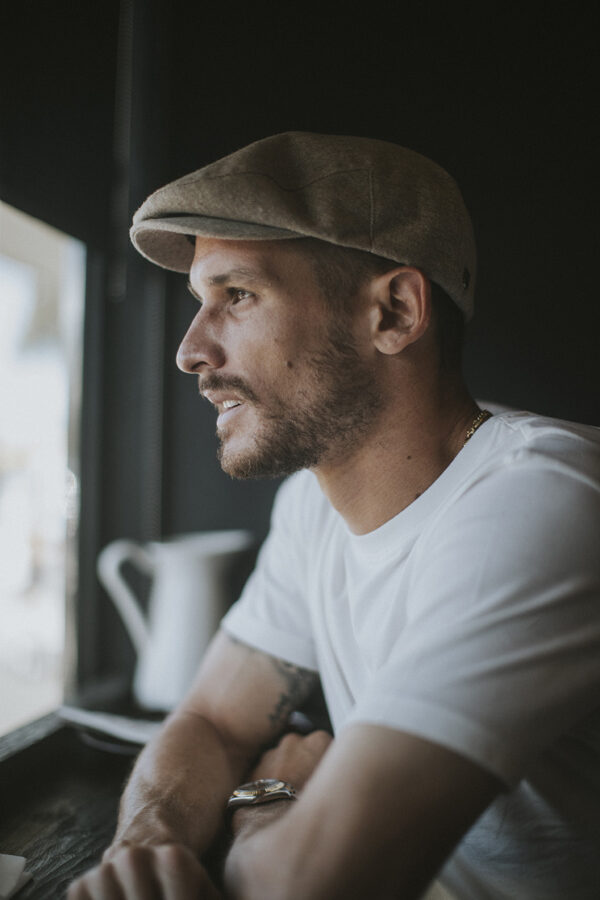
The coaching course is one area that Dario has set his focus to. But he is also aware his father has plenty of advice to give.
“I’ve always monitored him. I’m fortunate enough to have a father who is a professional coach and someone I can learn a lot from, and I have learned a lot from as a player.
“I think now it is more and more about progressively picking his brain on how to help me and how to help a football team. But not just from my father; from [City Head Coach] Warren [Joyce] at the club, from [City assistants] PK [Patrick Kisnorbo], Tony [Vidmar], consuming international football, reading more, broadening that knowledge and slowly become better, then once you’re on these courses you are supplied with all of the resources necessary to succeed and it’s up to you how much you want to take in.
“It’s like anything, practice, practice and practice, and with hard work you will get better and better.”
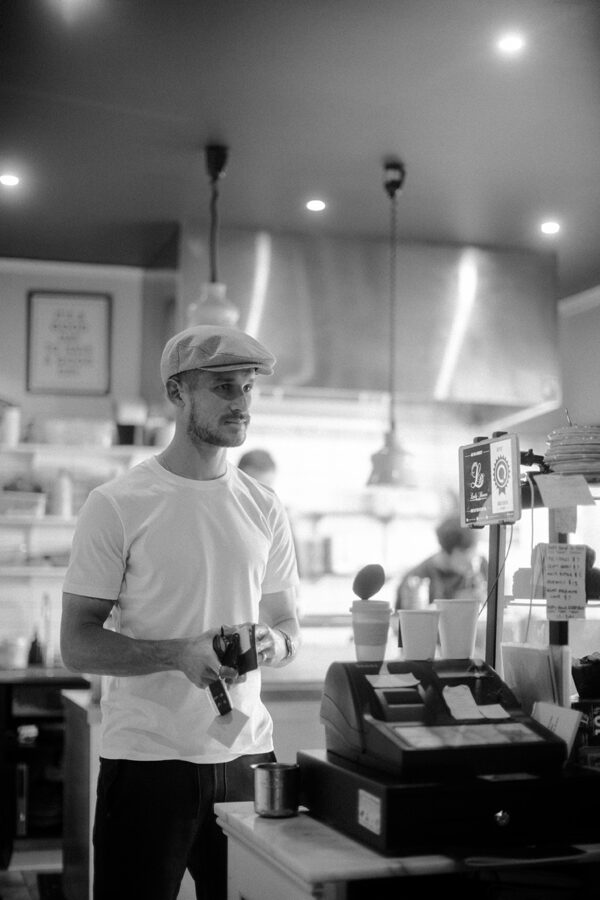
Dario says that this A-League pre-season has been particular rewarding; not just because it’s the first injury-free pre-season in a long time for him, but because he now has a new way of looking at the training sessions.
“It’s really enjoyable to go through that now as I haven’t been through that for a long time and at the same time, now as I am getting older and I have an idea of where I want to go after football, you’re also learning about a pre-season, how does the planning and training work, how I feel personally, how the other players feel, so you’re broadening your knowledge about how the coaches and the club goes about it. It’s about put the notches in the your belt, learning and observing.
“It’s something I am paying attention to a lot more now than what I would have done in the past. I’m trying to take in as much information as possible about how the trainings are scheduled and I’m probably asking more questions, which might be a little annoying, but I’m just trying to find out the reasons why and what they believe and they are the experts.”
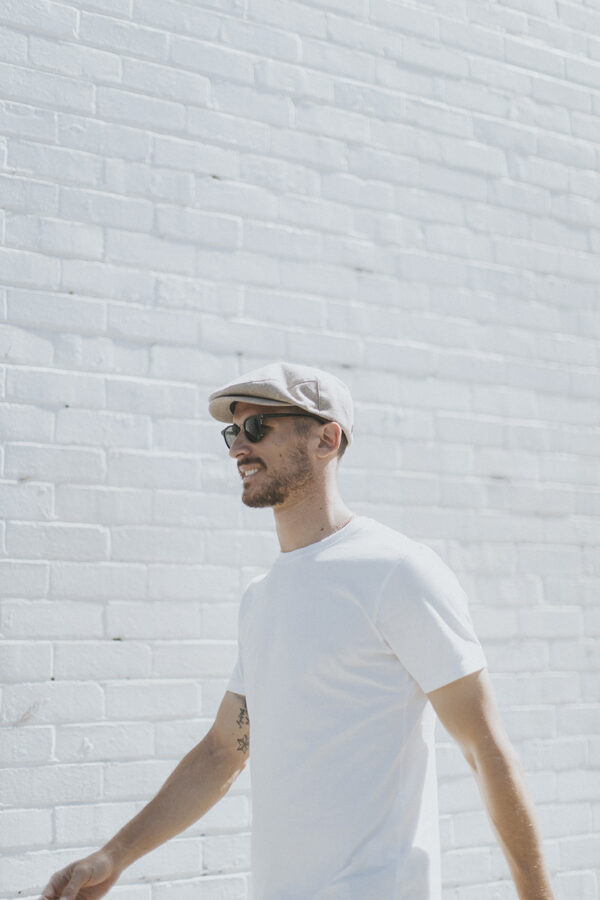
So what would a team managed by Dario Vidosic look like in the future?
“I like [Pep] Guardiola’s style. I’ve watched him for years, all the way back to Barcelona B. High possession – the way my father likes play and have the football. As a footballer, if I don’t have the ball, I hate it. I would rather press, force the opposition to turn it over so we have it back. There’s only one ball on the pitch and everyone wants to have it.
“I want to enjoy the love of having it, kicking it, scoring goals.”
Just like his ‘uncle’, Baggio.









